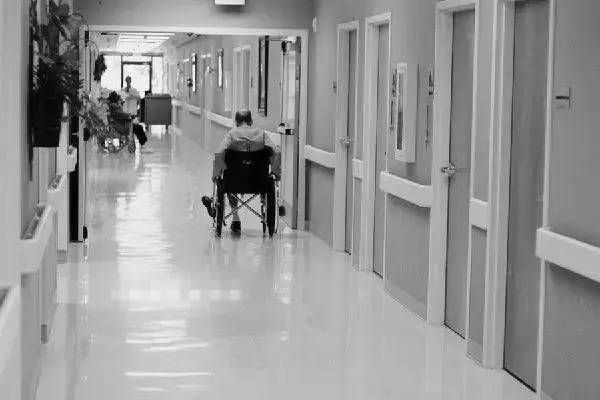New Protections for Nursing Home Residents
New Obama-era rules designed to give nursing home residents more control of their care are gradually going into effect. The rules give residents more options regarding meals and visitation as well as make changes to discharge and grievance procedures.
Posted on June 12, 2017

The Centers for Medicare and Medicaid finalized the rules -- the first comprehensive update to nursing home regulations since 1991 -- in November 2016. The first group of new rules took effect in November; the rest will be phased in over the next two years.
Here are some of the new rules now in effect:
- Visitors. The new rules allow residents to have visitors of the resident's choosing and at the time the resident wants, meaning the facility cannot impose visiting hours. There are also rules about who must have immediate access to a resident, including a resident's representative. For more information, click here.
- Meals. Nursing homes must make meals and snacks available when residents want to eat, not just at designated meal times.
- Roommates. Residents can choose their roommate as long as both parties agree.
- Grievances. Each nursing home must designate a grievance official whose job it is to make sure grievances are properly resolved. In addition, residents must be free from the fear of discrimination for filing a grievance. The nursing home also has to put grievance decisions in writing. For more information, click here.
- Transfer and Discharge. The new rules require more documentation from a resident's physician before the nursing home can transfer or discharge a resident based on an inability to meet the resident's needs. The nursing home also cannot discharge a patient for nonpayment if Medicaid is considering a payment claim. For more information, click here.
CMS also enacted a rule forbidding nursing homes from entering into binding arbitration agreements with residents or their representatives before a dispute arises. However,a nursing home association sued to block the new rule and a U.S. district court has granted an injunction temporarily preventing CMS from implementing it. The Trump Administration is reportedly planning to lift this ban on nursing home arbitration clauses.
In November 2017, rules regarding facility assessment, psychotropic drugs and medication review, and care plans, among others, will go into effect. The final set of regulations covering infection control and ethics programs will take effect in November 2019.
To read the rules, click here.
More from our blog…
Understanding Medicaid: What Does Medicaid Cover?
In the complex and frequently changing landscape of health care in the United States, Medicaid stands out as a vital program. Since 1965, it has [...]
Elder Financial Abuse: How an Elder Law Attorney Can Help
Elder financial abuse is a significant issue affecting many older adults nationwide. It involves someone exploiting or misusing an older person’s finances or assets for [...]
Does Medicare Cover Prescription Weight Loss Drugs?
Americans have a growing appetite for prescription drugs such as Ozempic, Wegovy, and Mounjaro. Originally developed to treat Type 2 diabetes, they are now exploding [...]
How Social Security Overpayment Rules Are Changing
With a new commissioner at the helm, the Social Security Administration (SSA) has been announcing several policy changes in recent weeks. In late March 2024, the [...]
Recent blog posts

FREE WEBINAR
5 Things to Know About
Estate Planning
When You Turn Sixty-Five





